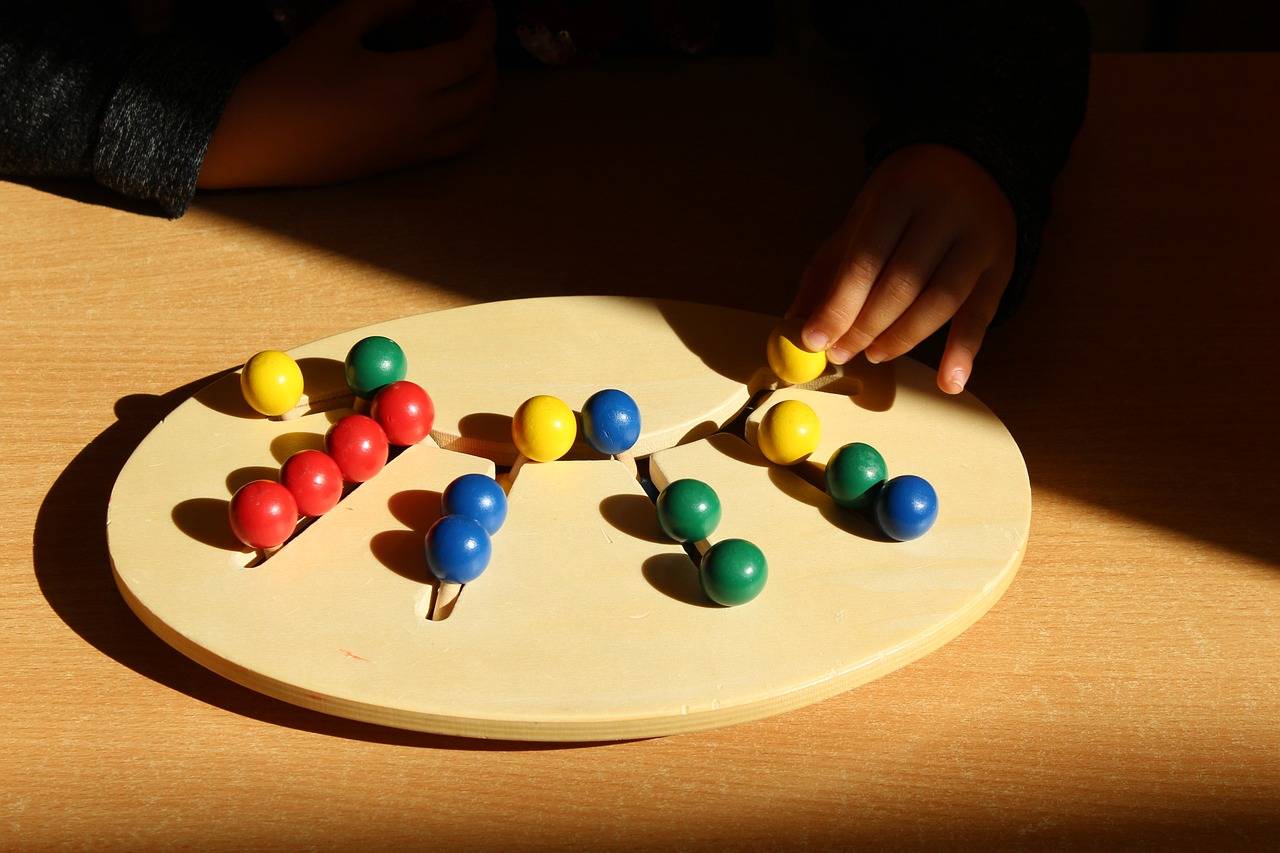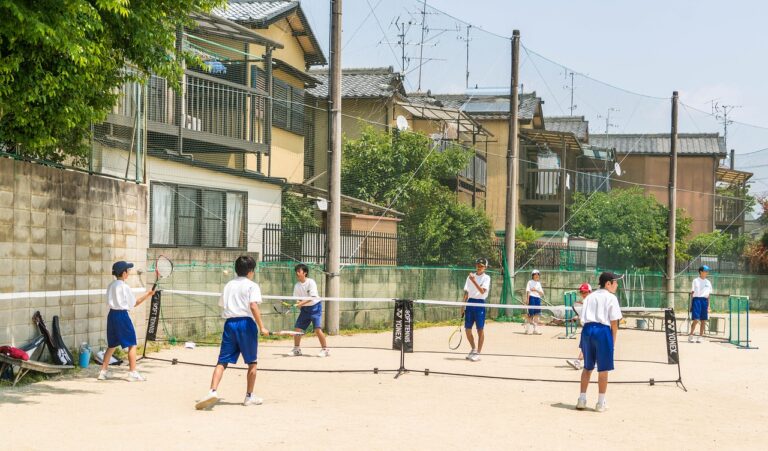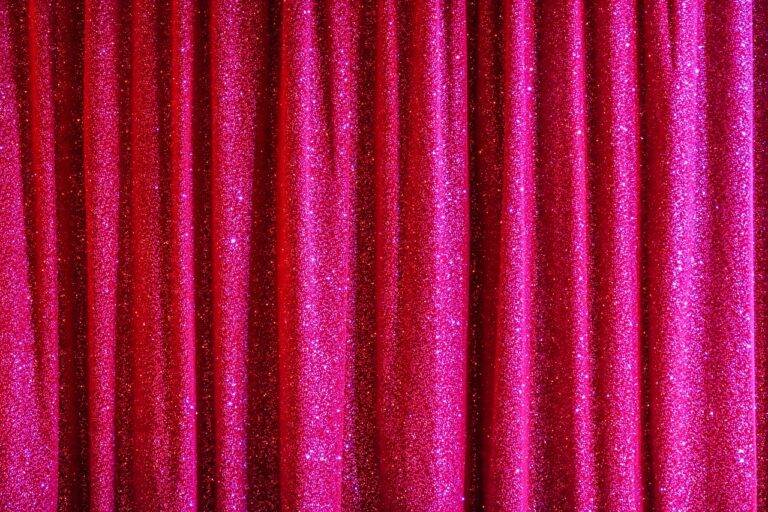Diversity in Casting: Representation and Inclusion in Entertainment Media
Authentic representation in the entertainment industry has long been a goal that many aspire to achieve. However, the path towards this representation is fraught with challenges that can hinder progress. One of the key difficulties lies in the prevalence of stereotypes and clichés that have been deeply ingrained in media portrayal for decades, making it difficult to break away from these narrow and often harmful depictions.
Furthermore, the lack of diversity in decision-making roles within the industry contributes to the perpetuation of these stereotypes. Without a diverse range of voices and perspectives guiding the storytelling process, there is a risk of falling back on familiar tropes that do not accurately reflect the richness and diversity of real-world experiences. This lack of representation behind the scenes can also hinder opportunities for authentic storytelling that resonates with a wider audience and fosters a greater sense of inclusivity.
Historical Lack of Diversity in Entertainment Media
Entertainment media has a long-standing history of lacking diversity in its representation of various cultures, races, and marginalized groups. For decades, mainstream media content has predominantly featured characters and storylines that are often skewed towards a narrow and homogenous portrayal of society. This historical lack of diversity has perpetuated harmful stereotypes, reinforced biases, and excluded underrepresented voices from being heard and seen on screen.
The limited representation in entertainment media has not only failed to accurately reflect the diversity of the real world but has also hindered opportunities for authentic storytelling and inclusive narratives. This lack of diversity has created a skewed perception of society, where certain groups are either misrepresented or not represented at all, leading to a lack of empathy, understanding, and connection with a wide range of audiences. As we continue to strive for progress and change in the media industry, it is crucial to acknowledge and address the historical lack of diversity that has shaped the narratives and images presented in entertainment media.
Why has there been a historical lack of diversity in entertainment media?
The historical lack of diversity in entertainment media can be attributed to systemic barriers, stereotyping, and limited opportunities for marginalized communities.
What challenges exist in achieving authentic representation in entertainment media?
Some challenges in achieving authentic representation include unconscious bias, lack of diverse leadership in the industry, and a tendency to tokenize or stereotype minority characters.
How does the lack of diversity in entertainment media impact society?
The lack of diversity in entertainment media can perpetuate harmful stereotypes, limit opportunities for underrepresented groups, and contribute to a lack of understanding and empathy towards diverse experiences.
What steps can be taken to improve diversity in entertainment media?
Steps to improve diversity in entertainment media include promoting diverse voices and perspectives, hiring more people from underrepresented communities, and actively working to challenge and break down stereotypes.





